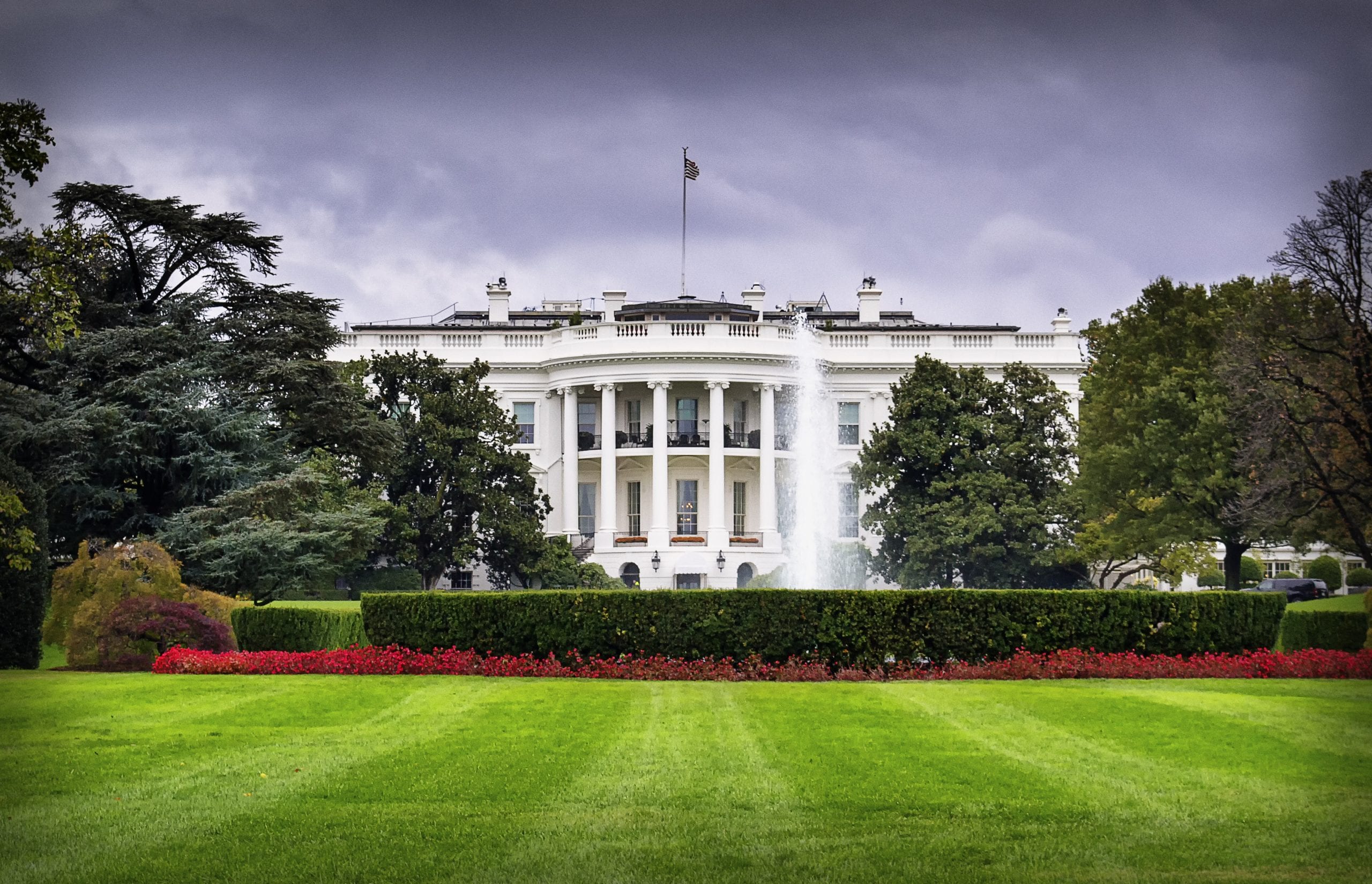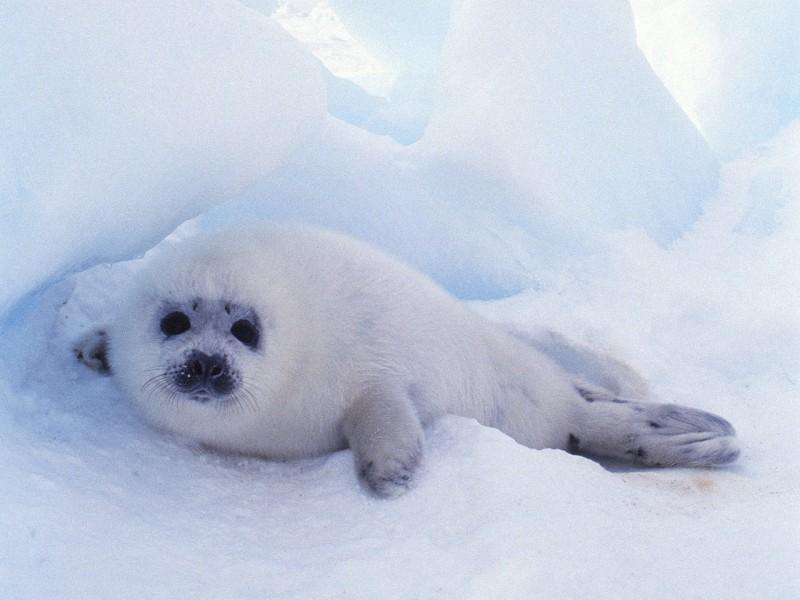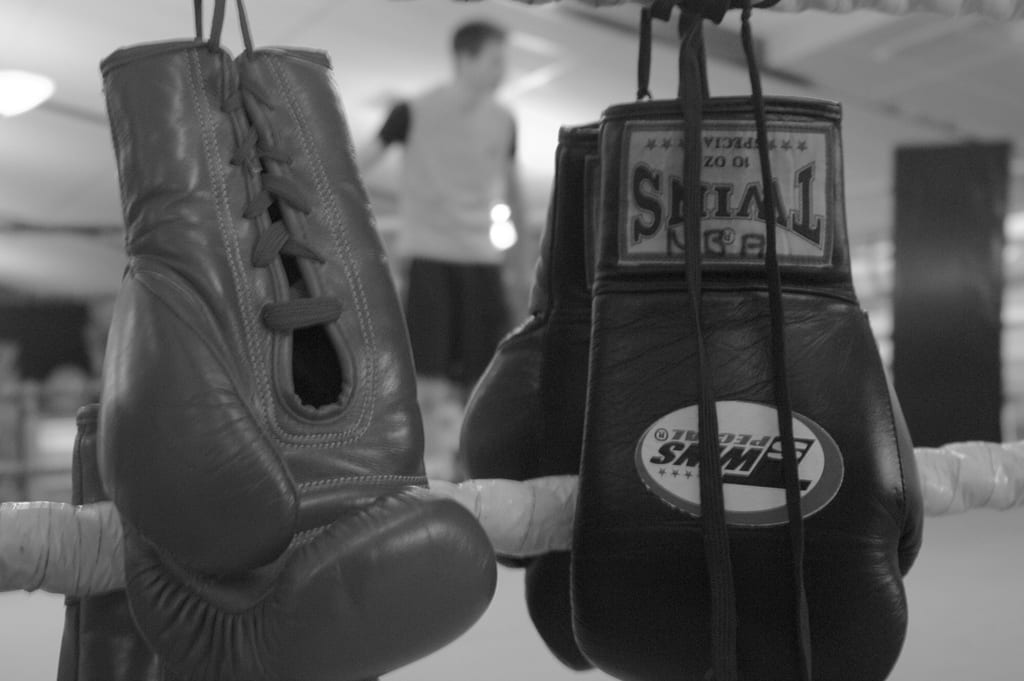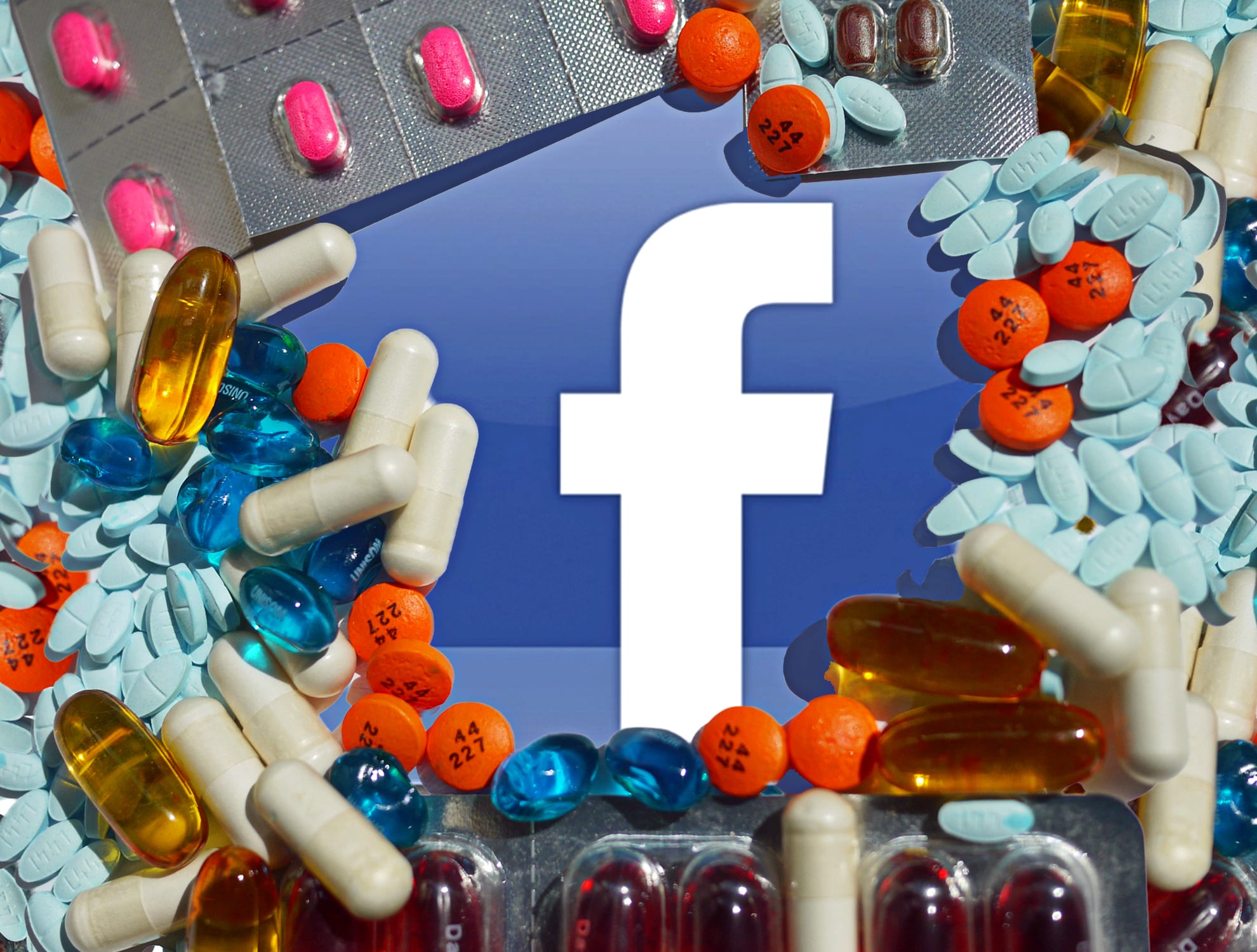
Cult of personality quizzes
Hi, my name's Katie and I'm addicted to personality quizzes. Nothing would make me happier than to know what kind of pizza I am, or which Hogwarts House I belong in. Bring me your quizzes, I will take them all. And most of the time, I will take that quiz, read the result, go “well







